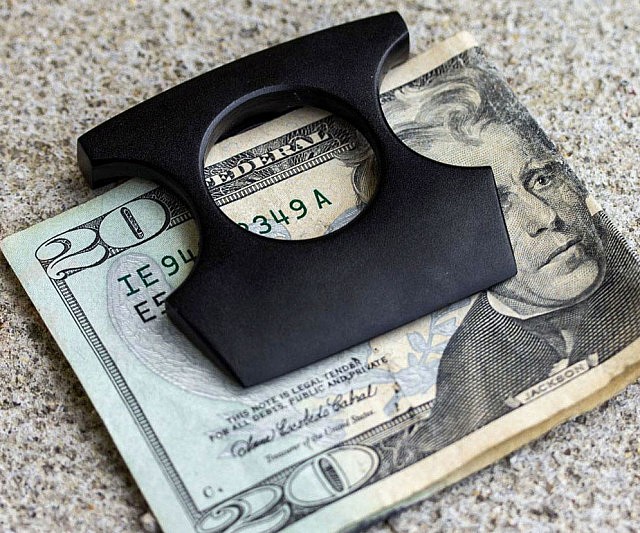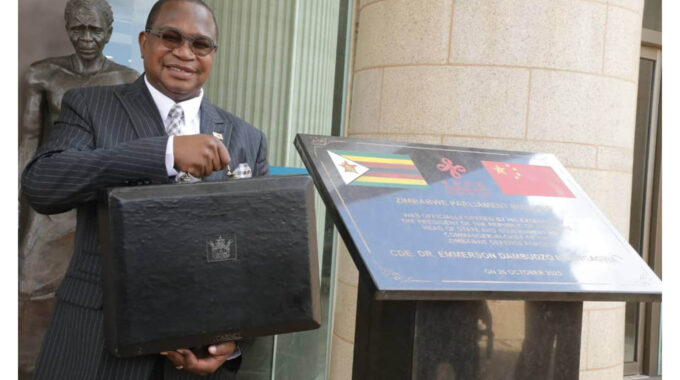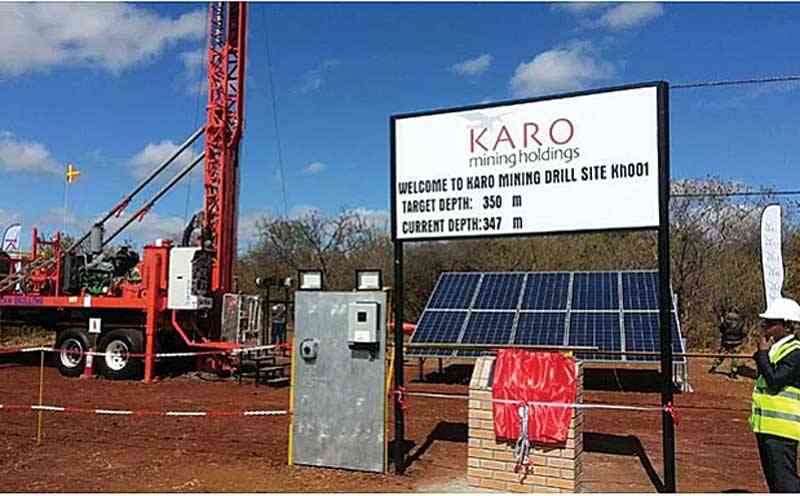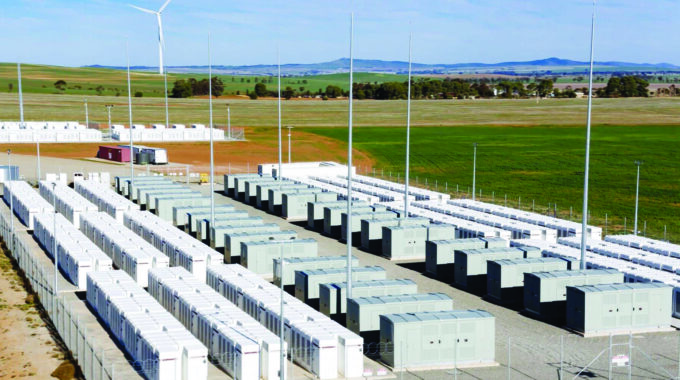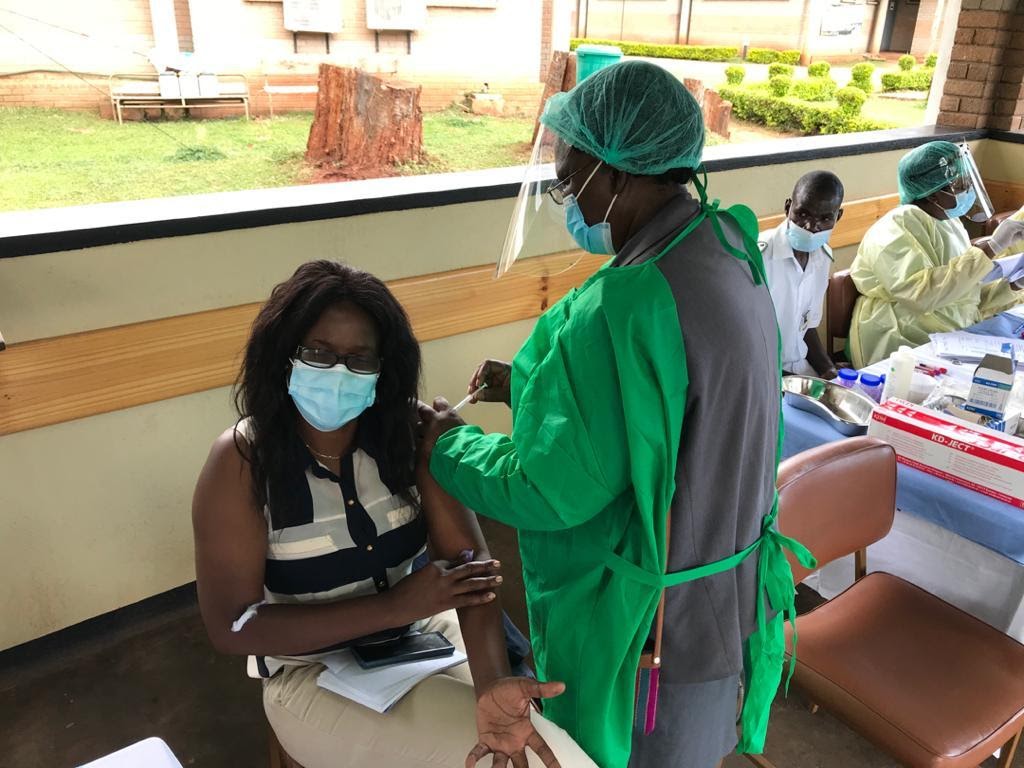‘Vaccination an economic strategy’
Government’s Covid-19 vaccination programme, apart from its health benefits, is also an economic recovery strategy that will jump-start the economy following the debilitating impact the pandemic, Finance and Economic Development Minister Professor Mthuli Ncube has revealed.
The Treasury chief said the economy took a hammering in 2020, due to various restrictions by the Government to contain the deadly pandemic, which caused a dip in production in a number of key sectors of the economy.
Minister Ncube said the Treasury was utilising the budget surplus of US$100 million from last year to procure vaccines to safeguard livelihoods, the basis upon which the Government would fully reopen the economy.
Economic indicators for 2020 do not look good after most productive sectors registered recessions.
The mining sector dipped by 9 percent, manufacturing recorded 3 percent decline whilst agriculture managed growth of just 4,2 percent, mainly affected by drought.
Accommodation and food services, under which the hotel sector falls, registered the heaviest decline of minus 53,6 percent in 2020, but the sector is expected to recover by six percent this year. In his speech at the National Economic Consultative Forum (NECF) business meeting held at the ongoing Zimbabwe International Trade Fair (ZITF) Minister
Ncube said the Government would not rest until national herd immunity was achieved.
“The vaccination programme is an economic recovery strategy; how do we (fully) open up the economy safely without vaccinating all of us? So far, over US$127,3 million has been spent on the procurement of 12,5 million vaccines and 15 million syringes from various countries. The target is to reach 60 percent herd immunity.
“There is no doubt that the advent of Covid-19 pandemic has exacerbated economic challenges around the world and for us as well, but we are holding strong, the pandemic has claimed lives but it has also affected our economy and this is something unprecedented, as Government we will continue to mobilise additional resources to ensure
the targeted population is fully vaccinated,” said Minister Ncube.
He highlighted that the transport and distribution sector as well as the financial services sector, were some of the moderately affected sectors while the education sector was amongst the worst-hit sectors.
According to Minister Ncube, the Government had spent more than $23,8 billion towards containment of the pandemic as at 20 August, 2021 in addition to resources spent on procuring vaccines, with much of the spending allotted towards construction of quarantine centres, Covid-19 allowances, transportation of vaccines, personal protective equipment, test kits and reagents.
Minister Ncube was upbeat about the economic recovery currently taking place where he indicated that the country was looking towards robust recovery led by agriculture, which is expected to expand by 34 percent in 2021 up from 4,2 percent recorded last year.
The mining sector is anticipated to grow five percent from a nine percent decline recorded in 2020 whilst the manufacturing sector is expected to realise a recovery of up to seven percent growth from minus three percent in 2020.
“Some silver lining coming out of the pandemic is what we see, we are holding up quite well and the economy is recovering mainly led by the agricultural sector,” said Minister Ncube.
The construction sector is anticipated to grow by 7,7 percent in 2021 owing to a boom in the sector lately evidenced mainly by high demand for cement from housing and private sector construction.- The Herald



